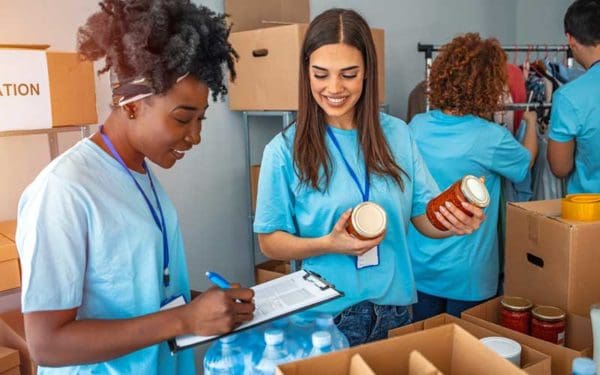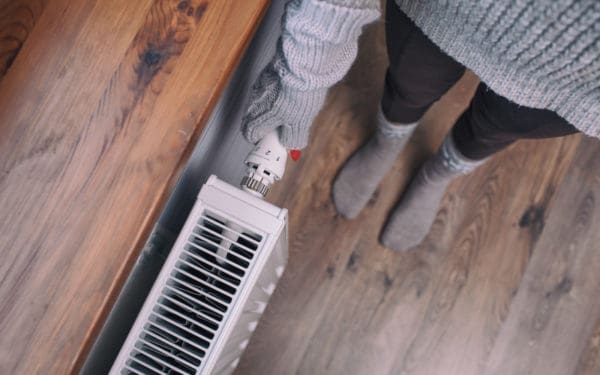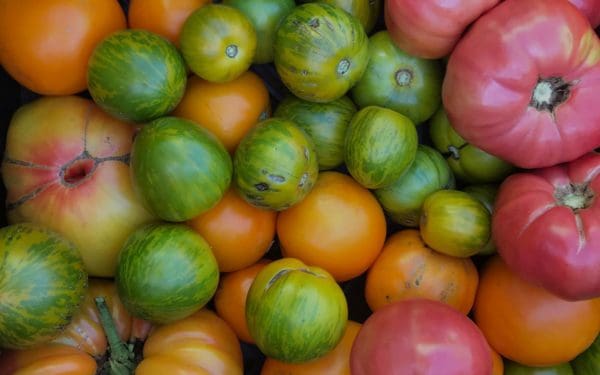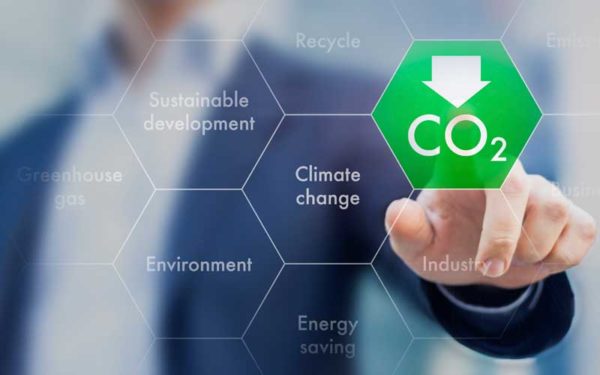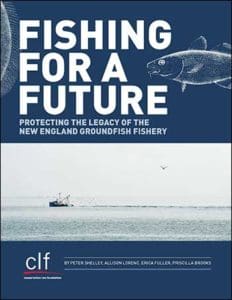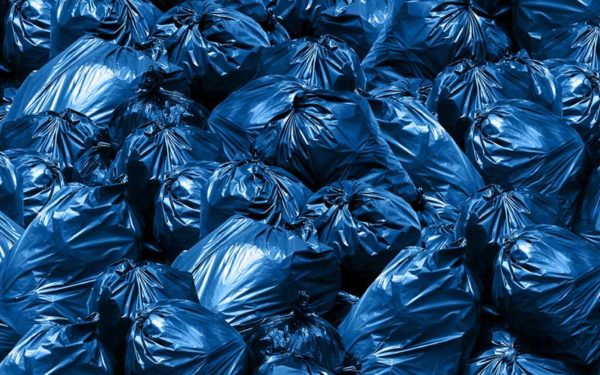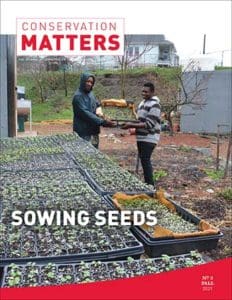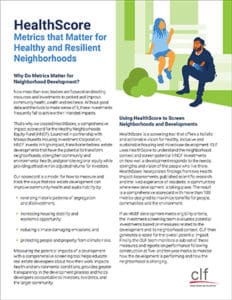Jan 27, 2022
Millions of adults and children around the country and here in New England suffer from a lack of access to affordable, nutritious food. What’s more, so much perfectly edible food gets dumped in landfills every day. The good news is that we can alleviate both of these problems at the same time.
Jan 26, 2022
A misleading letter peddled by Big Oil echos the anti-clean energy rhetoric of a supposedly credible source: ISO-New England.
Jan 24, 2022
With help from the Legal Food Hub, Mainer secures conservation easement that will permanently protect her farmland from development.
Jan 21, 2022
A previous version of this blog was published in August, 2017 With the federal government stymied over any meaningful climate legislation, it’s up to the states to take the lead on curbing carbon pollution. Here in New England, such leadership is nothing new. Five New England states have climate laws in the books, mandating cuts… Continue reading Carbon Pricing 101
Jan 19, 2022
CLF examined the fishery management system that Carlos “the Codfather” Rafael exploited so successfully – a system that seems to have increasingly benefitted the wealthiest, most politically powerful fishing operations at the expense of traditional community-based fishermen.
Jan 14, 2022
Co-founders of Mei Mei Dumplings and Food Waste Feast, Mei and Irene are on a mission to pass along their professional knowledge for reducing food waste in the kitchen. Designing dishes that use up everything in the fridge and offering workshops on how to make your dollars go further by cooking smarter, the sister-duo is on the cutting edge of the food waste revolution.
Jan 12, 2022
Manufacturers should not be allowed to reap profits while their toxic products and packaging harm our health and environment. Producer responsibility laws have the potential to drastically cut our waste generation and disposal, as well as their harms. And all while holding producers accountable.
Jan 06, 2022
During my recent stint on parental leave, I tried to disconnect from my Zero Waste work. But I quickly realized that there’s no off-switch for corporate greenwashing. So, I’d like to set the record straight. What does circular economy really mean? And why will single-use plastics and waste-burning technologies never have a place in it? Here are the answers.
Jan 04, 2022
CLF’s unique social investment funds flip that script. With our business, philanthropic, and community partners, we have created a national model for ensuring that change is led by the people already living in a neighborhood, united by a common vision for their future.
Dec 29, 2021
HealthScore is a screening tool that offers a holistic and actionable vision for healthy, inclusive, and sustainable housing and mixed-use development. CLF uses HealthScore to understand neighborhood context and screen potential investments for its Healthy Neighborhoods Equity Fund. Our scorecard is a model for how to measure and track the ways that real estate development… Continue reading HealthScore Metrics
